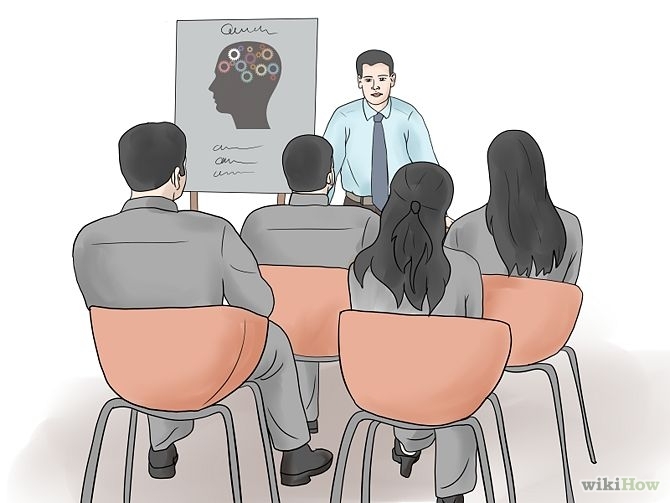Emotions have been a source of inherent wisdom for humanity since its start because they provide insight reasonable moral considerations in a positive or negative way. On one hand sympathy, empathy and compassion can point out unfair distributions of risk and benefits while, on the other hand, fear and anxiety can indicate that a technology is a threat to our well-being. From that approach, emotions appear to be a useful tool to help in our decision making, but should we always trust our them?
Experts point out that emotions have to be considered when taking decisions, but what happens if someone manipulates our emotions? Nowadays the marketing scholars, in association with psychologists, are studying how to call our deepest emotions. It has been studied that emotions have a strong impact on our shopping conduct so the number of establishments that are applying that knowledge to increase the number of sales is growing exponentially despite being ethically reprehensible. Some examples of that applied knowledge are the 25th frame, in which the cinema producers added a 25th frame with advertisements in a normal 24 frame movie to influence our subconscious without allowing us to realize it; the loud music on the clothes shops, because it has been studied that the higher the music is the more money people spend; or the ‘99 prices, a more obvious case in which 29’99€ makes you the impression to be way cheaper than 30€.
Four hundred years ago, the philosopher René Descartes contemplated the option that his senses could have been cheated by an evil demon. Considering that he could not trust his senses anymore, he developed the idea of the methodical doubt, in which he defended that we need to abstain ourselves of judgements and apply the reasoning as the only way to reach the truth. In a similar way, three hundred and fifty years after his death, emotions are being cheated and his theory could be useful to fight against those cheats. But, does it worth?
Emotions are an extremely useful tool that have accompanied us during our whole lives and which we, probably, cannot eject of our mind because they are part of our own nature. In addition, it would be insane to doubt of every single emotion in our lives. Should we doubt when we fall in love for someone? Or when we experience fear while driving very fast with our car? No, of course not.
To sum up, I think that we should trust our emotions but always remembering that someone might be cheating us, that is to say that we have to trust our emotions as part of our human nature but keep trying to think objectively every time we have the chance, especially in our important decisions. The great multinationals are investing lots of money to understand the human brain and they will succeed. Probably nowadays the only cheat that they can do to our brains is impulse us to buy a product that we don’t need, nevertheless we don’t know what the future holds. Trust your emotions but be careful with them, other approaches can be harmful for us, either believing blindly our emotions or doubting about everything.
